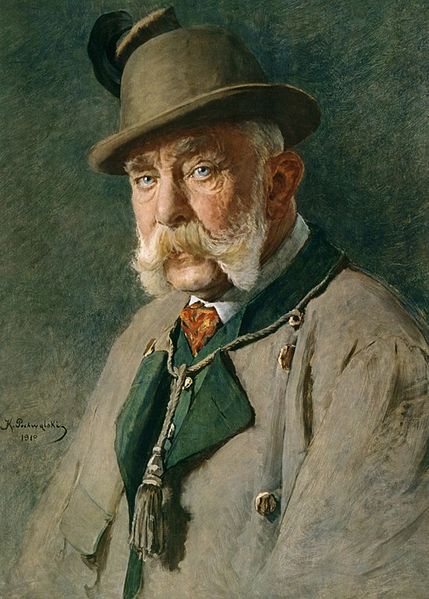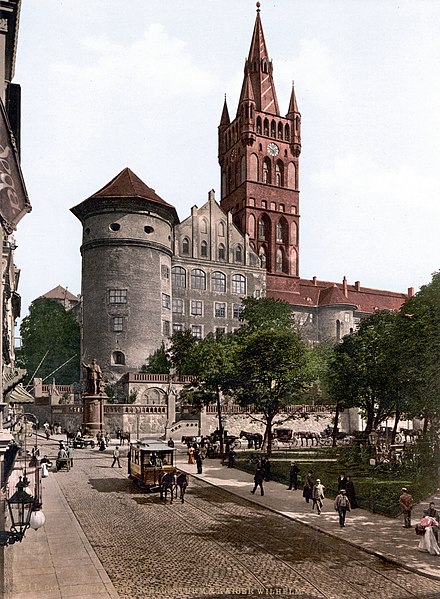One of the worst kept secrets in Europe was the questionable competency of the Habsburg Emperor Ferdinand. A
secret council ruled in his name throughout his tenure as emperor, though this information was surpressed by the court. During the turmoil leading up to and including the Liberal War, the council fractured on coping with the crisis, with the ascendent faction inducing Ferdinand to replace
Metternich and even a short lived attempt to quell the chaos by appointing a government of more liberal minded politicians. Eventually the Russians were brought in to crush the liberal movements in the Habsburgs lands. The secret council continued on for almost another 20 years, until Ferdinand's death from a fall during a seizure in 1868. Ferdinand's nephew would be raised to the Imperial Throne as
Emperor Francis II of a newly renamed Austria-Hungary. Emperor Francis II became convinced of the rightness of the Korsgaardian theory of governance, and slowly brought his nation fully under his control as the embodiment of the state. This would eventually lead his nation into the folly of the Global War, by whose end Hungary was lost to revolution and Trieste to the Italians. Emperor Francis II had alienated the West, the liberals, and the Papacy. What remained of his nation was bankrupt and suffering shortages of all sorts. Now, in order to save what he could for Austria and his family, Francis II made the bold move of abdicating in favor of his dashing (and quietly liberal sympathetic) son,
Crown Prince Rudolf, with one last order, bring peace to his nation. This was seen as a key move to allowing for a successful negotiation with the Allied Western Powers. Francis went into quiet retirement, refusing all calls for his interference in politics from that moment forward with the same stubbornness that he had previously ruled with, even when as a condition for peace, the Korsgaardist party was banned and multiple parties were once more permitted in the nation. The former emperor blamed himself for the fiasco that had been led to by his arrogance and blind adherence to Korsgaardist principles. Broken but still proud, it was actually the efforts of his son that eventually led to a remission of the excommunication of Francis II in 1898.
A prematurely aged Francis II in civilian attire after his abdication.

